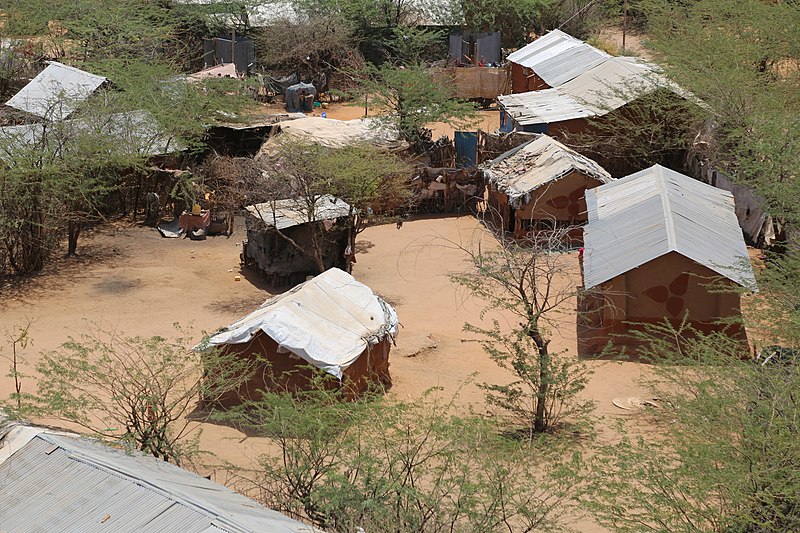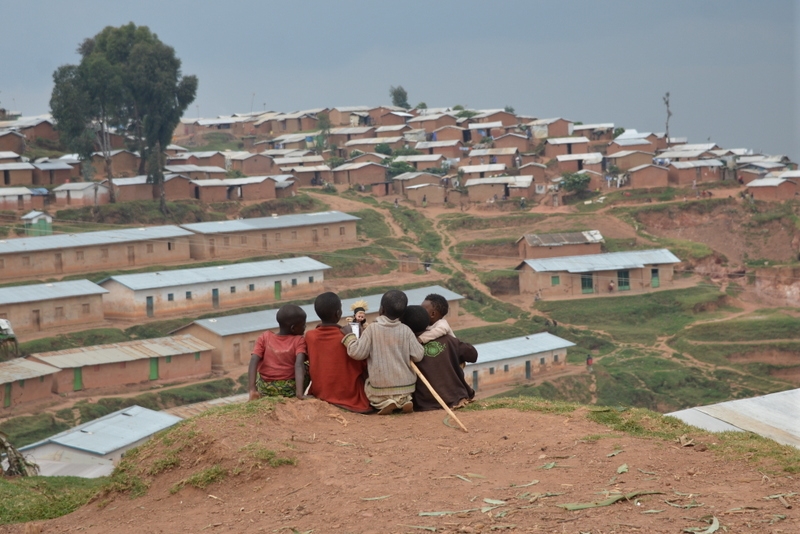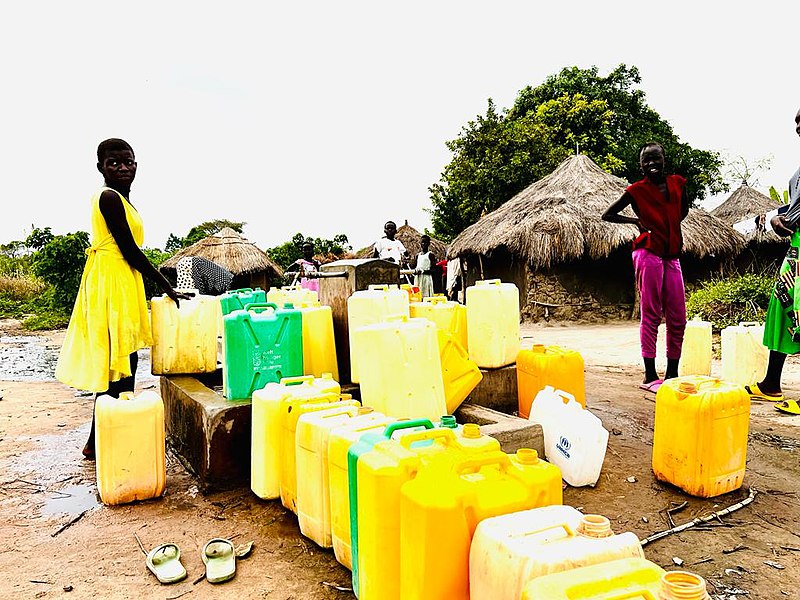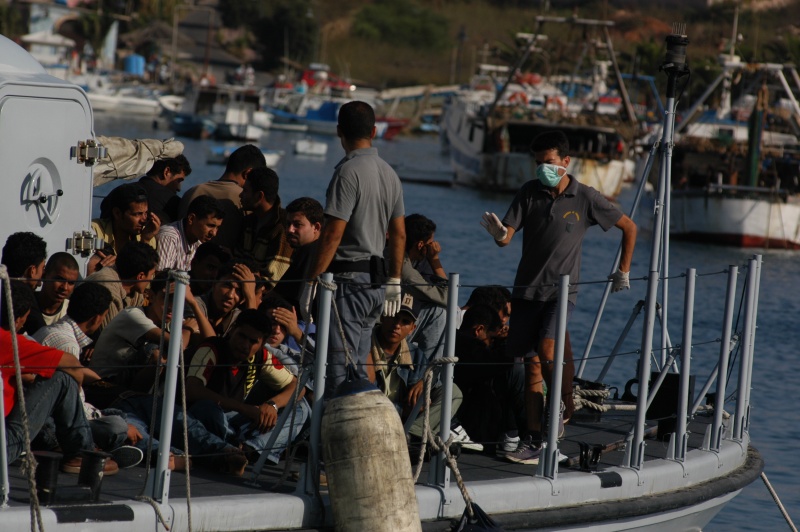The ACSRM aims to improve understanding of the nexus between migration, peace, and security.
Millions of Africans migrate to escape violence, conflicts, economic and political instability, and insecurity. Conflicts, violence, insecurity, and natural disasters have led to significant numbers of refugees, internally displaced people, and mixed migrant flows. Migration driven by conflicts, violence, and insecurity has peace, humanitarian, development, and security implications. Conflicts, violence, and insecurity are not only some of the key drivers of migration and displacement but undermine the stability, well-being, livelihoods, and resilience of societies and socioeconomic development efforts. Peace, security, and development challenges are drivers of migration and displacement, most significantly forced migration. However, lasting peace, security, and inclusive socioeconomic development are breeding grounds for orderly, safe, and regular migration, as the Global Compact on Migration (GCM) recommends.
The Global Complact on Refugees (GCM) and the GCR underline the need to address the root causes of conflicts, violence, and insecurity to promote safe, orderly, and regular migration. Peace, stability, security, and inclusive socioeconomic and sustainable development. However, conflicts, insecurity, political and economic instability, violence, and development crises accentuate forced migration and displacement as well as irregular migration, human trafficking, and smuggling of migrants. Peace, security, and development are breeding grounds for safe, regular, and orderly migration and can reduce irregular migration.
Irregular migration and its despair, suffering, and tragic circumstances across the Sahara Desert, the Mediterranean Sea, and other migration routes are driven by various factors, including conflicts, violence, insecurity, and political and economic instability.
Initiatives to respond to the root causes of conflicts and violence can contribute to peace and development, thereby promoting migration by choice. Community stabilization aims to restore stability, resilience, and livelihoods while addressing migration and peace. Migrants and diasporas play a crucial role in building peace-building processes in conflict and post-conflict situations through financial remittances, philanthropic activities and donations, social remittances, knowledge transfer, etc.




